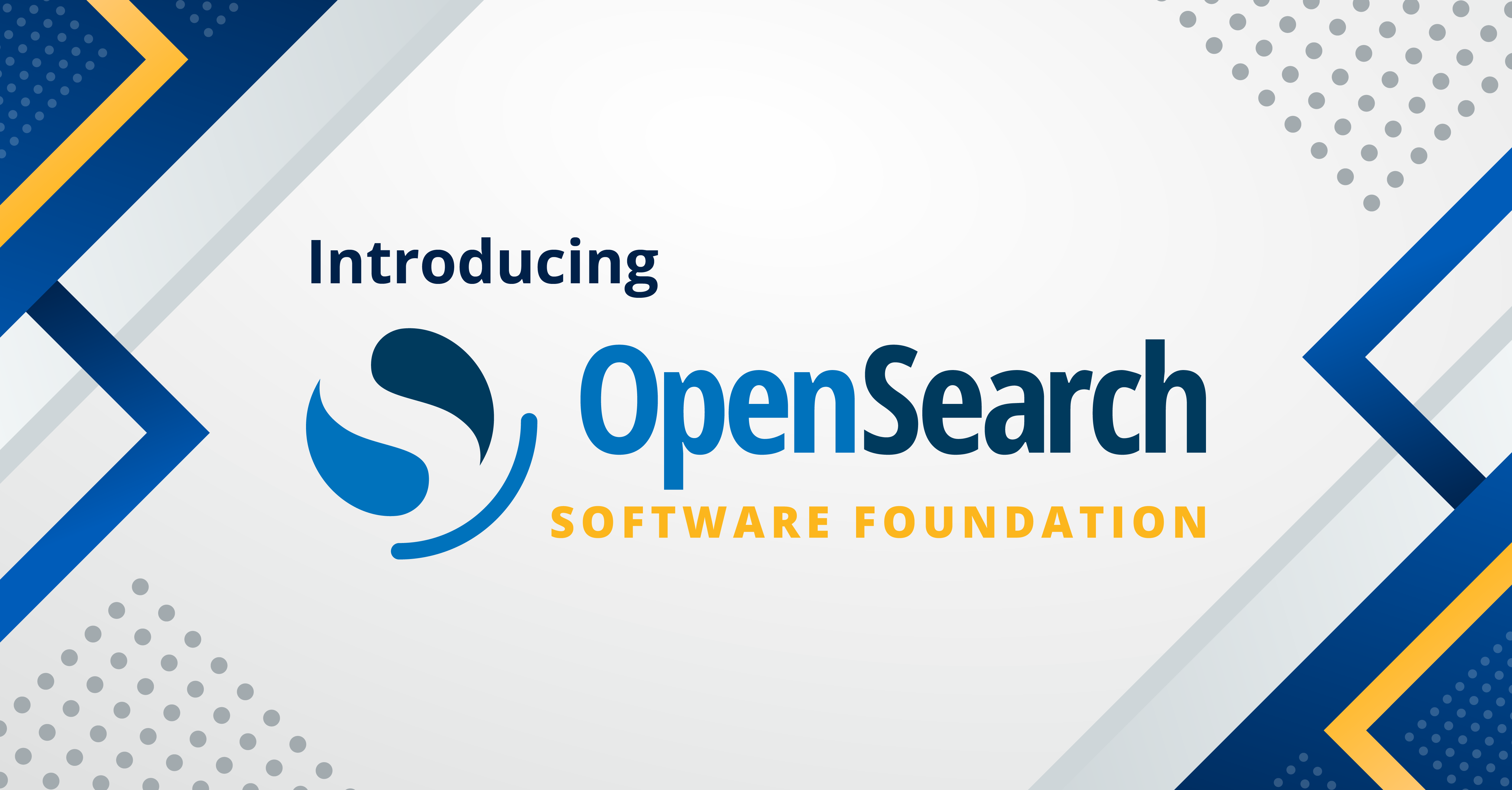Blog

Building the future of OpenSearch together
As announced today, the OpenSearch Project is now part of the newly formed OpenSearch Software Foundation, a community-driven initiative under the Linux Foundation. This marks a major milestone in the history of the OpenSearch Project, and we couldn't be more excited to share our thoughts on what this means to...
Boost OpenSearch vector search performance with Intel AVX-512
Introduced in OpenSearch 2.18, Intel Advanced Vector Extensions 512 (Intel AVX-512) is a set of new instructions that can accelerate vector workload performance. Vector search benchmarks using OpenSearch Benchmark showed...
Generative AI: OpenSearch's journey as an open-source search engine
The rise of generative AI has transformed search technology, evolving it from simple keyword-based retrieval to intelligent, multimodal search experiences powered by deep learning. In this keynote address at the...
GPU-accelerated vector search in OpenSearch: A new frontier
OpenSearch’s adoption as a vector database has grown significantly with the rise of generative AI applications. Vector search workloads are scaling from millions to billions of vectors, making traditional CPU-based...
Solution Provider Highlight - Enhancing anomaly detection in Amazon OpenSearch Service: A customer success story
As organizations increasingly rely on cloud services, monitoring and detecting anomalies in system behavior has become crucial for maintaining reliable operations. In this post, we’ll explore recent improvements to the...
Efficient large-scale filtering with bitmap filtering in OpenSearch
OpenSearch is a powerful open-source search and analytics engine that enables you to efficiently search and filter large datasets. A common search pattern involves filtering documents based on whether a...
From chaos to clarity: Revolutionizing OpenSearch clients and documentation using a unified API specification
In February 2024, we decided to revamp the OpenSearch API Specification repository by adopting the OpenAPI Specification. While this change offered significant benefits, we encountered some challenges during implementation. Most...
Enhancing OpenSearch anomaly detection: Reducing false positives through algorithmic improvements
The OpenSearch Anomaly Detection plugin is powered by the Random Cut Forest (RCF) algorithm. Although RCF is a powerful algorithm, false alarms reduce its practical value because users must spend...
Zero to RAG: A quick OpenSearch vector database and DeepSeek integration guide
OpenSearch now integrates with DeepSeek, offering powerful and cost-effective AI capabilities. In this blog post, we’ll guide you through setting up a retrieval-augmented generation (RAG) system using OpenSearch and the...

